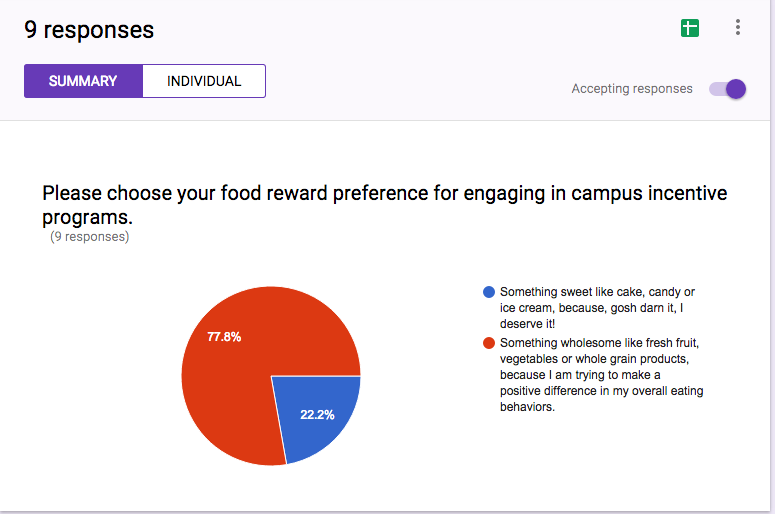Four years ago Mary Jane asked me to take a late start ENG101. It was a last minute request . . . those happen a lot in our ever-growing, ever-changing department. I said of course, and I was scrambling to pull my things together. I asked for a copy of her syllabus to help me and was startled by a new term: Google docs.
When I asked MJ for clarification, I had no idea that I would be opening a door to one of my greatest areas of personal growth. She took about fifteen minutes to show me how she supported the writing process, not with blue folders and feedback sheets (a la Joy Wingersky), but with Google docs.
God bless the sixteen victims, I mean students who helped me learn the process that semester. I made mistakes in giving directions and in organizing their files and in how I wanted to give feedback. At the same time, however, I got hooked on the formative assessment that allowed me to coach any aspect of their writing from any place at any time. Two of the students even thought it was cool that I was using something they’d used in high school for the past two years. Glad I was catching up!
Since that spring, I’ve become a Google maniac! I’ve used Google docs with dev ed students in learning communities; with all levels of reading and children’s lit; with ENG071 students (mostly ESL); and with future teachers. My former students get help from me with psych or history papers by sharing a Google doc. Teaching buddies like Roxanna Dewey and Alisa Cooper share their Google doc successes and challenges, and I learn something every semester.
The world always comes around full circle, and it did so Friday with Google docs. In a CTLE training I got to sit next to Lauren Brandenburg, an adjunct who teaches English at North. She reminded me that we had met briefly last year as I gave her some tips for becoming residential faculty. While she was in my office, a student had stopped by to get help with his Google doc. In five minutes the student had gotten support and had also modeled Google docs for Lauren. She was hooked! She told me that since that day she has been successfully using them with her own students.
Merriam-Webster’s online dictionary defines developmental as “of or relating to the growth or development of someone or something.” I’m totally developmental in the area of Google docs, and I love it! Thanks, Mary Jane Onnen!

 Last Friday, February 19, from
Last Friday, February 19, from 


